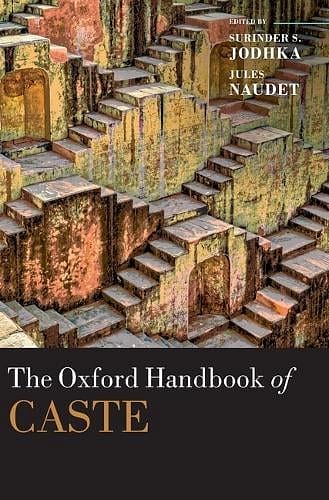
Beginning with the 1990s, the subject of caste has seen a profound increase in interest among scholars. What was until then approached as a fossilised tradition of the ritual-obsessed Hindus refusing to see the progressive spirits of the emerging world and studied as a branch of anthropology, suddenly began to be seen as a complex reality deeply embedded in a range of institutions and social practices, attracting scholars from a wide range of disciplines — sociology, political science, history, literature, and even economics. Underlying this opening of the subject of caste were many factors: epistemic, empirical, and political.
Caste is no longer approached through the classical binaries of ‘traditional’ and ‘modern’; the ‘East’ and the ‘West’; or the ‘closed’ and ‘open’ systems of stratification. With the growing consolidation of caste-based identities among those ranked lower down in the hierarchy since the 1990s, raising questions of citizenship and dignity, the subject has acquired a new salience. As the emerging research shows, the realities of caste on the ground have always been diverse across regions, often contested and ever-changing. The Oxford Handbook Of Caste presents a wide range of essays written by authors representing diverse academic disciplines.